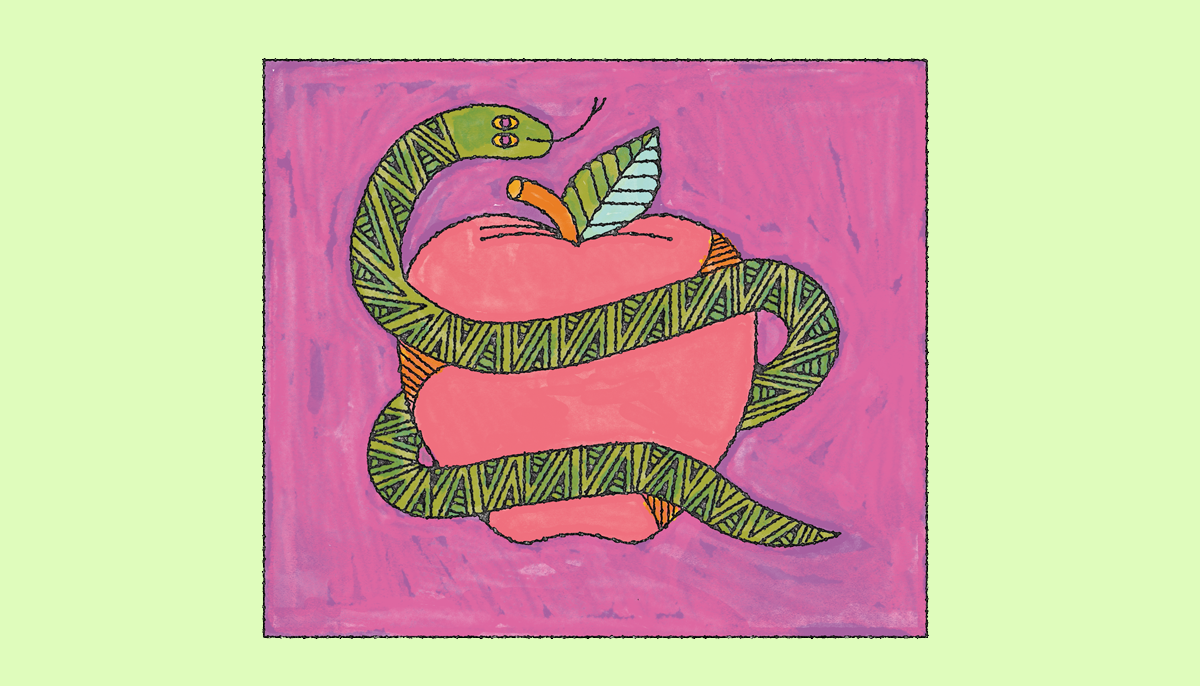The dictionary defines sin as a violation of religious or moral law. Since the Buddha was not God and he didn’t hand down any commandments, the first part of the definition doesn’t apply. You’re not damned if you don’t do what the Buddha said. More broadly, good versus evil is not the central issue in Buddhism. It’s ignorance versus wisdom. Because we do not understand our own nature and the reality we inhabit, we create suffering for ourselves and others. This is the Buddha’s second noble truth—that the real cause of suffering is the ignorance that solidifies ourselves and our world and creates the three poisons of attachment, aggression, and ignorance (in the sense of ignoring or not caring about what doesn’t affect us personally). Good and evil—suffering and not suffering, if you will—is the result, not the first cause. Moral or ethical living is of course very important in Buddhism—it’s a big part of the fourth noble truth, the eightfold path to end suffering. But the ultimate antidote to suffering is wisdom. When we understand our true nature—which is open, interdependent, ever-changing, and has buddhanature—we can relax the harmful struggle to maintain the fictitious sense of self created by ignorance. That would be good.
Do Buddhists believe in sin?
Do Buddhists believe in sin? We answer your questions about Buddhism and meditation.
